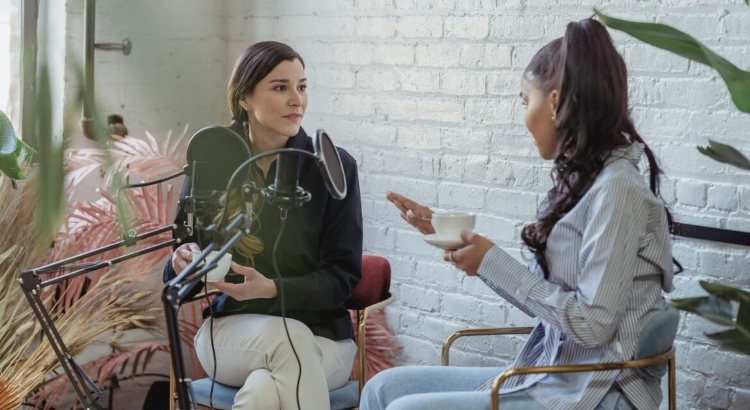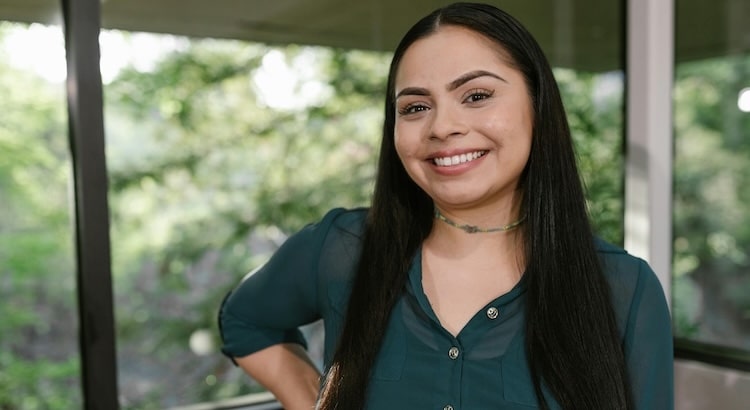Top Tips for Journalists: How to Conduct Effective Interviews
Conducting interviews is a key skill for every journalist. A strong interview reveals facts, tells compelling stories, and builds trust between the interviewee and the audience. To make the most of each interview, you need a clear strategy and reliable tools.
1. Do Your Research
Thorough research sets the foundation for every successful interview. Understanding your subject helps you ask informed questions and build a meaningful conversation.
- Explore the interviewee's background using their social media profiles and professional biographies.
- Read about their work, company, and industry. Even those with a low public profile leave digital traces.
- Be sure you’re pronouncing names and titles correctly.
Research shows preparation improves interview outcomes by increasing trust (Journalism Studies, 2021). Being informed assures your subject that you are serious and professional.
2. Choose the Right Interview Format
Modern technology offers more ways to conduct interviews beyond face-to-face meetings. Selecting the best format increases comfort and reliability.
- In-person interviews: Classic option, best for deep conversations and observing body language.
- Video calls: Useful for remote interviews—popular platforms include Zoom and Google Meet.
- Phone interviews: Easy to schedule and effective for quick information gathering.
- Email interviews: Useful for collecting detailed, written responses—less suitable for real-time conversations.
Send a calendar invite a week before your interview. This allows your interviewee to plan ahead, helps avoid scheduling issues, and keeps everyone on track.
3. Select a Comfortable Location
The interview setting affects how relaxed and open both you and your subject feel.
- Choose a quiet place with minimal distractions.
- Avoid noisy venues like crowded restaurants or parks.
- Ask your subject where they prefer to meet, if possible.
- For virtual interviews, secure a quiet room and test your equipment in advance.
Creating a comfortable space encourages honest and thoughtful responses (Pew Research Center, 2022).
4. Prepare Your Questions in Advance
Good questions lead to valuable answers. Thoughtful preparation helps you uncover insights others may miss.
- Write down your questions before the interview.
- Start with easy, friendly questions to help set your subject at ease.
- Gradually move to more challenging or sensitive topics as trust builds.
- Ask open-ended questions—avoid ones that allow simple "yes" or "no" answers.
- End with, "Is there anything else you'd like to add?" to give your interviewee the chance to expand.
Deeper questions should be informed by critiques, past interviews, and recent news—don’t rely only on social media for inspiration.
5. Make Your Interviewee Comfortable
Establishing trust and comfort leads to a better interview experience and richer answers.
- Match your tone, mood, and body language to your subject.
- Show you are actively listening—make eye contact, nod, and respond naturally.
- Be aware of sensitive topics. If your subject seems upset, pause and ask why to show empathy.
- Stay calm, factual, and nonjudgmental, especially during difficult moments.
Research suggests comfortable interviewees provide more honest and detailed responses (Poynter, 2022).
6. Always Use a Recording Device
Recording your interview protects accuracy and helps you focus on the conversation rather than note-taking.
- Ask permission before recording.
- Use a reliable voice recorder or a recording app on your phone.
- Have a backup recording device in case of technical issues.
Recordings ensure you won’t misquote your interviewee, avoid misunderstandings, and help resolve any disputes later. Many tools, such as transcription services, make it easier to review and organize your audio afterward.
7. Transcribe Your Interview
Transcribing interviews allows you to find and quote key points quickly and accurately.
- Use professional transcription services for the highest accuracy.
- Consider automated transcription for fast turnaround on less sensitive content.
- Transcripts make it easy to pull exact quotes and provide the right context for your stories.
Accurate transcriptions protect against errors and support fair storytelling (Reuters Institute, 2023).
8. Review and Reflect Immediately After
Go over the interview soon after it ends, while details are fresh. This helps you spot important themes and ideas for your story.
- Mark timestamps or jot down your impressions before you forget them.
- Check your facts and verify any claims your interviewee makes.
- Identify strong quotes and stories that will make your article stand out.
Consistent review builds accurate reporting habits, which are essential for any journalist.
GoTranscript Helps Journalists Succeed
Strong interviews require the right preparation and reliable tools. GoTranscript supports journalists with services like transcription, automated transcription, transcription proofreading, and affordable pricing. You can also streamline your workflow by ordering transcription or captioning directly online.
By following these tips and using GoTranscript’s professional solutions, you can ensure every interview has the impact and accuracy your readers expect.



















 Verified Order
Verified Order